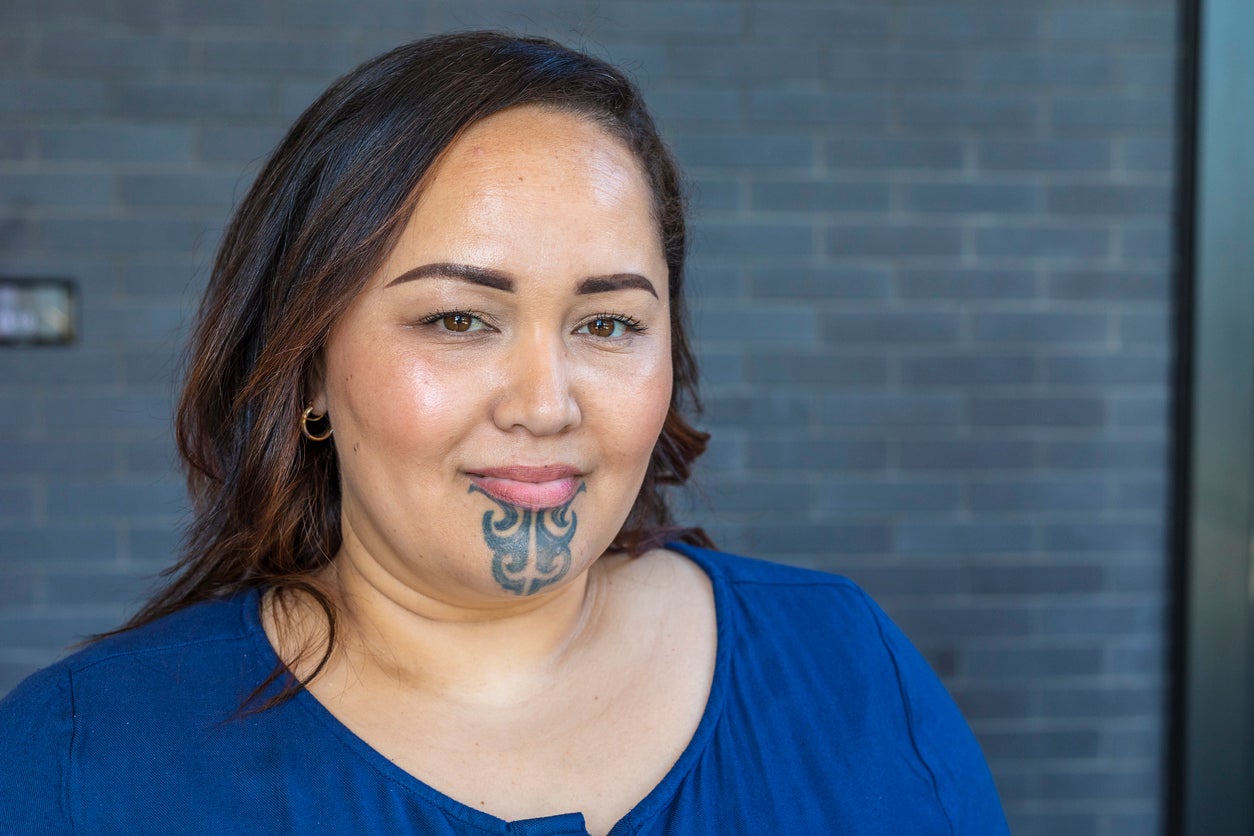
Air New Zealand has ended a ban on staff having tattoos amid criticism that its policy discriminated against Maori employees.
The airline’s uniform rules stated that those with visible tattoos were not eligible to apply for positions such as flight attendants.
“Ta Moko” is the permanent marking of the face and body as traditionally practised by New Zealand’s indigenous Maori people.
Some New Zealanders with Maori heritage still uphold the practice.
Ta Moko are a deeply sacred expression of cultural identity, Tania Te Whenua, head of a firm that provides Maori cultural advice to organisations, told Reuters.
“When there are policies which seek to extinguish the visual representation of that practice it’s quite hard-hitting,” she said.

The New Zealand national carrier was particularly criticised for having a policy which discriminated against Maori culture while simultaneously profiting from it: Air New Zealand uses a Maori symbol called a “koru”, a spiral based on an unfurling fern leaf, in its logo and on aircraft tails.
“In conversations we’ve had with customers and our own people domestically and overseas in the past five months, it’s clear that there is growing acceptance of tattoos in New Zealand, particularly as a means of cultural and individual expression,” Air New Zealand chief executive Christopher Luxon said in a statement.
He confirmed the policy would be dropped and that non-offensive tattoos would be permitted.
The news follows a number of airlines making changes to uniform policies.
In March 2019, Virgin Atlantic announced it was dropping mandatory make-up for female cabin crew and would be issuing trousers to women as standard rather than as a special request uniform item. Aer Lingus revealed it was making the same changes to its uniform policy just a few days later.







